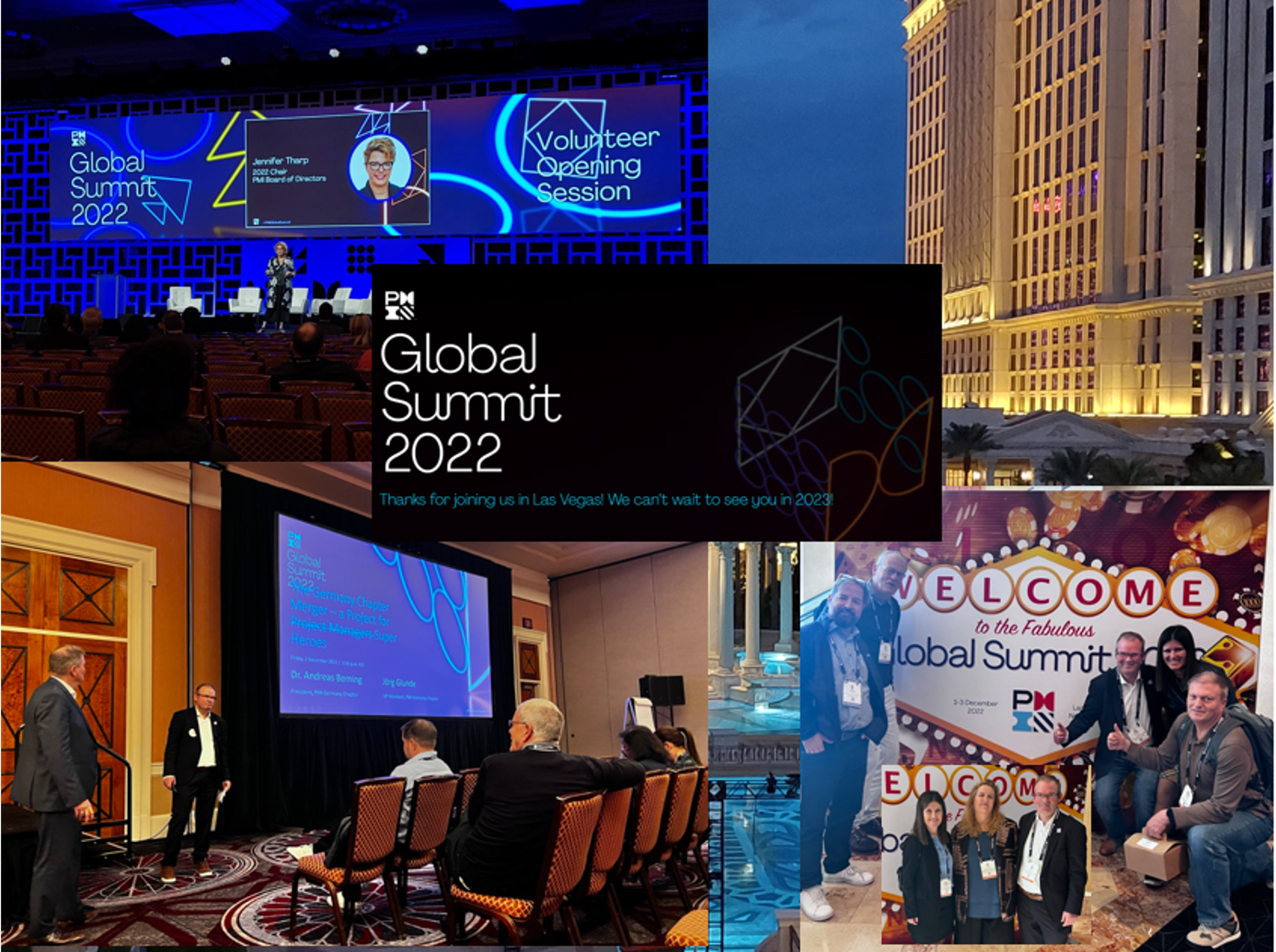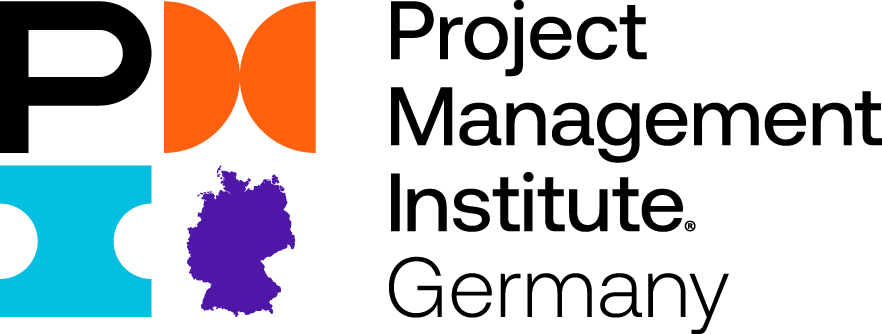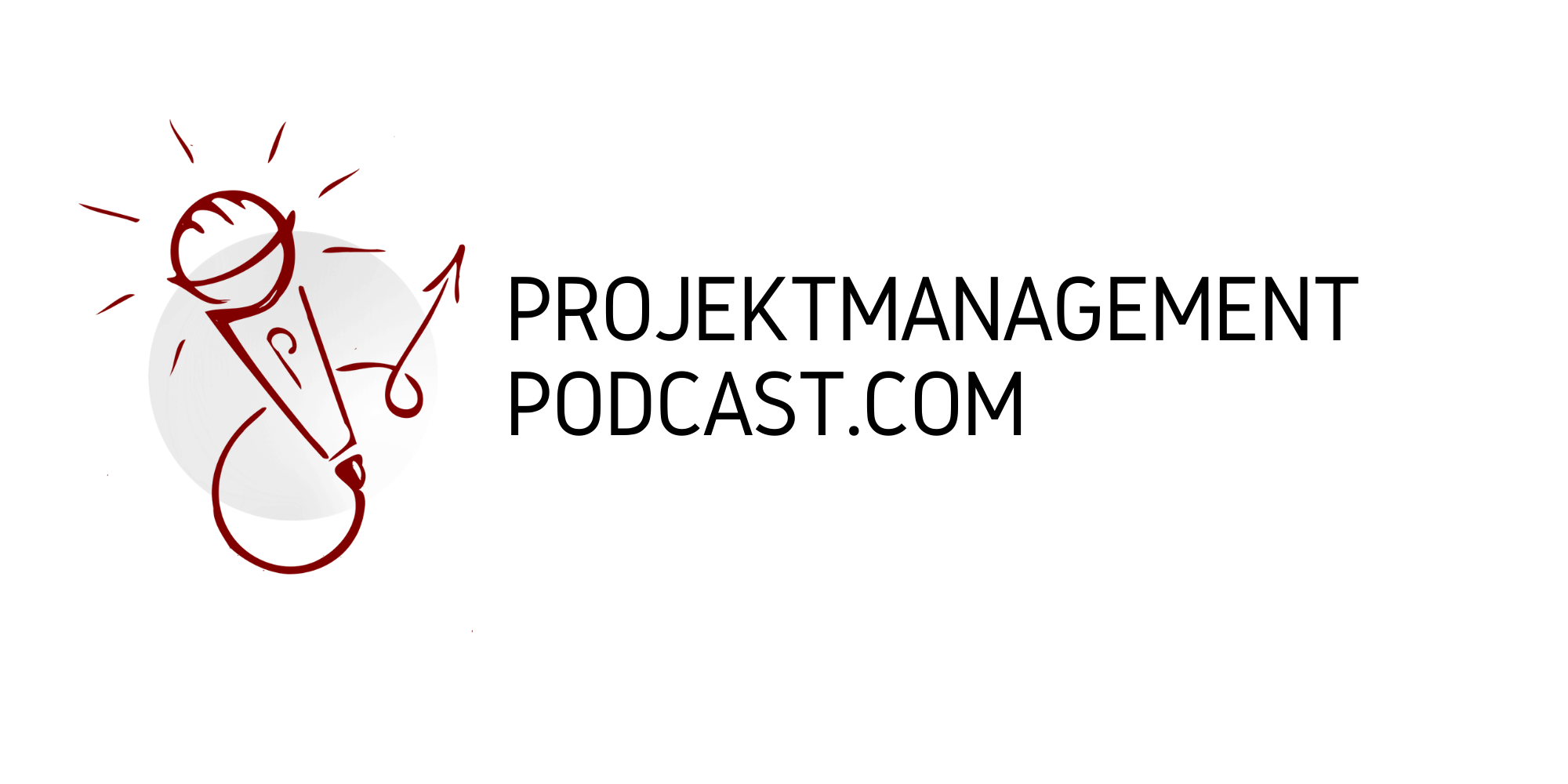After almost exactly three years, a really big in-person PMI conference took place, however with a new name - PMI Global Summit - and a new concept, namely the combination of PMI Leadership Institute Meeting North America with the target group of volunteers as well as the PMI Global Conference and PMO Symposium, which were primarily aimed at PM practitioners.
Another aspect made this event unique: exactly 90 days after taking over the role as CEO, Pierre Le Manh was welcoming about 3,500 on-site and 3,000 online attendees.
Another aspect made this event unique: exactly 90 days after taking over the role as CEO, Pierre Le Manh was welcoming about 3,500 on-site and 3,000 online attendees.
I myself had the opportunity to have an almost 45-minute face-to-face meeting with Pierre during the conference to get first-hand information and background on PMI and also to be able to present our view as PMI Germany Chapter.

So what could you expect from the PMI Global Summit as a participant and representative of the Germany Chapter?
Actually, the PMI Global Summit kicked off on November 30th in the afternoon with a special event for chapter volunteers (like us). In addition to the introductory words of the Chair of the PMI Board of Directors (the "highest-ranking" volunteer) Jennifer Tharp and a review of the highlights of 2022 from a chapter or volunteer perspective, the new CEO Pierre Le Manh explained how the way forward for PMI should look like: away from growth in the form of more and more products and certifications and thus more members towards impact and relevance. Unfortunately, however - and this is certainly due to unfortunate timing (the event was, of course, planned completely independently of the new CEO's start date) - Pierre shared little in the way of concrete information other than that the focus for 2023 will be on addressing obvious weaknesses in PMI's operational systems and associated processes (keyword: operational excellence).
Even if it may be somewhat disappointing at first glance, I think it is the right way to do one's "homework" first, which we as Chapter Leaders have pointed out over and over again in the past. In this respect, a change of mind on the part of PMI is already emerging for me at this point, to the effect that our opinion will be heard and suggestions implemented. In parallel, of course, the course for 2024 and subsequent years will be set in 2023, and here, too, we can assume that PMI will listen attentively to the "insiders" of the local markets such as Germany (and I can already reveal as much that this has already been happening for several weeks).
Our appearance as Germany Chapter was characterized by three presentations (more than any other Chapter outside the USA) by Iris Meinl (VP Relations) and actually Colin Critoph (Head of International Circle), who could not attend due to family reasons, on "Embracing Virtual Leadership Through Global Volunteer Collaboration", Jörg Glunde (VP Members) and Laura Samso Pericon, Head of Member Attraction, on "Chapter Value Proposition: Career Development Through Volunterism" and myself together with Jörg Glunde on "The Germany Chapter Merger: A Project for Project Managers".
The presentations were very well received by the participants. There were many constructive questions and lively interest in further details. The number of participants was around 35-40 in each case, which was normal in view of the large number of parallel events (up to 15 streams simultaneously).
What were the main topics for project management in the future?
Sustainability is certainly one of the big topics, but that shouldn't really come as a serious surprise to anyone. What I find much more interesting is the pattern that could be found in all three keynotes: whether it was the "Futurist" Amy Webb who called for a more intensive collaboration between futurists and project managers which is fundamentally important, because PMs are the true "super heroes" who can bring the ideas/the various "futures" (to explain the meaning of this made-up word would go too far here, but results conclusively from the field of work of the futurists) become reality. Or Beatie Wolfe one of the Future 50 Persons who, as a multi-artist, managed with her work "From Green to Red" to make an incredibly extensive collection of data from NASA on the CO2-rates in the atmosphere, to make it "tangible" to virtually all people on this planet; for Beatie, project managers are the ones, "who are getting the shit done." - nicely phrased.
Actually, the PMI Global Summit kicked off on November 30th in the afternoon with a special event for chapter volunteers (like us). In addition to the introductory words of the Chair of the PMI Board of Directors (the "highest-ranking" volunteer) Jennifer Tharp and a review of the highlights of 2022 from a chapter or volunteer perspective, the new CEO Pierre Le Manh explained how the way forward for PMI should look like: away from growth in the form of more and more products and certifications and thus more members towards impact and relevance. Unfortunately, however - and this is certainly due to unfortunate timing (the event was, of course, planned completely independently of the new CEO's start date) - Pierre shared little in the way of concrete information other than that the focus for 2023 will be on addressing obvious weaknesses in PMI's operational systems and associated processes (keyword: operational excellence).
Even if it may be somewhat disappointing at first glance, I think it is the right way to do one's "homework" first, which we as Chapter Leaders have pointed out over and over again in the past. In this respect, a change of mind on the part of PMI is already emerging for me at this point, to the effect that our opinion will be heard and suggestions implemented. In parallel, of course, the course for 2024 and subsequent years will be set in 2023, and here, too, we can assume that PMI will listen attentively to the "insiders" of the local markets such as Germany (and I can already reveal as much that this has already been happening for several weeks).
Our appearance as Germany Chapter was characterized by three presentations (more than any other Chapter outside the USA) by Iris Meinl (VP Relations) and actually Colin Critoph (Head of International Circle), who could not attend due to family reasons, on "Embracing Virtual Leadership Through Global Volunteer Collaboration", Jörg Glunde (VP Members) and Laura Samso Pericon, Head of Member Attraction, on "Chapter Value Proposition: Career Development Through Volunterism" and myself together with Jörg Glunde on "The Germany Chapter Merger: A Project for Project Managers".
The presentations were very well received by the participants. There were many constructive questions and lively interest in further details. The number of participants was around 35-40 in each case, which was normal in view of the large number of parallel events (up to 15 streams simultaneously).
What were the main topics for project management in the future?
Sustainability is certainly one of the big topics, but that shouldn't really come as a serious surprise to anyone. What I find much more interesting is the pattern that could be found in all three keynotes: whether it was the "Futurist" Amy Webb who called for a more intensive collaboration between futurists and project managers which is fundamentally important, because PMs are the true "super heroes" who can bring the ideas/the various "futures" (to explain the meaning of this made-up word would go too far here, but results conclusively from the field of work of the futurists) become reality. Or Beatie Wolfe one of the Future 50 Persons who, as a multi-artist, managed with her work "From Green to Red" to make an incredibly extensive collection of data from NASA on the CO2-rates in the atmosphere, to make it "tangible" to virtually all people on this planet; for Beatie, project managers are the ones, "who are getting the shit done." - nicely phrased.
To summarize: project management and project managers have been important in the past, but will be much more so in the future, to make the world we live in becomes more sustainable and our planet stays habitable.
And that actually brings us back to the beginning and the question "In which direction is PMI evolving?". I would say "Stay/become relevant and make an impact" which is actually quite nice since this is already part of our strategy as Germany Chapter since last year.
Dr. Andreas Berning, President
And that actually brings us back to the beginning and the question "In which direction is PMI evolving?". I would say "Stay/become relevant and make an impact" which is actually quite nice since this is already part of our strategy as Germany Chapter since last year.
Dr. Andreas Berning, President



